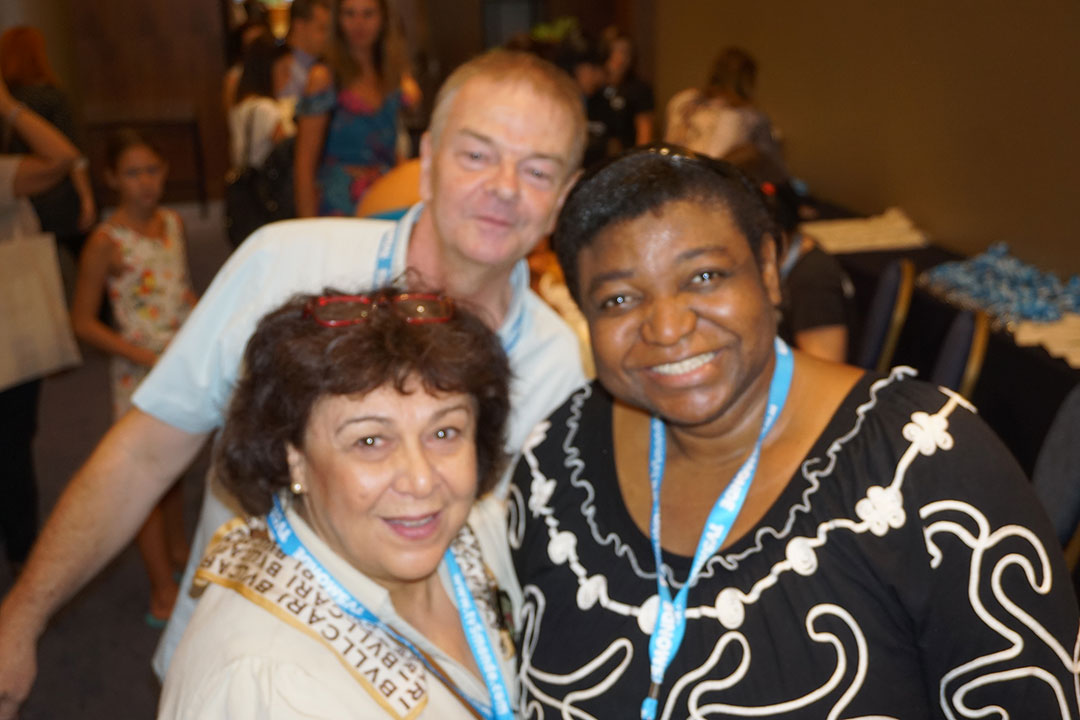Enhancing teachers and learners’ interdependent roles during the production of knowledge in the teaching/learning of French (FLE)
The principle
In a relaxed and friendly atmosphere, each slammer (researcher, trainer or language teacher) has five minutes to present a discovery, a product or a good practice and then to convince the audience of its usefulness and / or excellence .
These slams which can be in French or in English are addressed to the public of the conference, at the end of each half-day.
Interesting and original subjects, a sense of humour, an element of surprise and straightforward presentations are always appreciated !
At the end of each match (succession of slams), the listeners vote for the slams they liked the most and can approach slammers and ask them questions in a completely informal way.
The slammers who get the most votes are eligible to win prizes.
Abstract
Despite public and scientific discourse about learner-centered approaches, we can note that wide-spread practice still relies on the motto “The teacher teaches the learner something, which the teacher (or society) perceives as necessary for the learner” (Huber 2014:407).
Teaching and learning are two complementary and interactive processes (Minder 2007). No teacher will teach without at least the intention and hope that the learner will learn. The learner and the teacher thus have interdependent roles during the learning of second language acquisition but each must know his role in the teaching/learning process so as to avoid misunderstandings.
Recently, technology has helped learners to take active roles in the production of knowledge during each class. For this presentation, we will discuss some of the evolutions that have taken place in recent years in the respective roles of teachers and learners and their relevance for enhancing motivation in the French language acq uisition processes.
The emphasis on proposing learning activities, on interaction, authenticity, diversity, and on learners’ choice and responsibility reflects a shift towards less teacher-centred modes of teaching/learning. An examination of hypothetically and empirically founded approaches to this shift in language teaching and learning, as well as motivational maintenance in a variety of teaching/learning methods/approaches, techniques and strategies that could enhance teaching effectiveness will be our focus.
